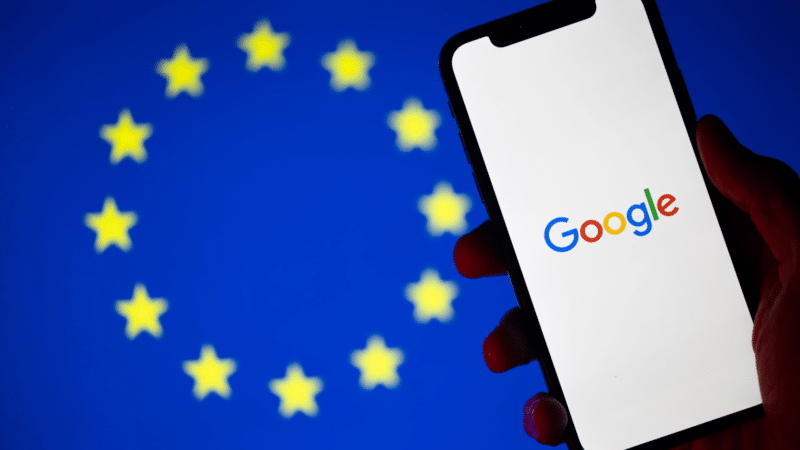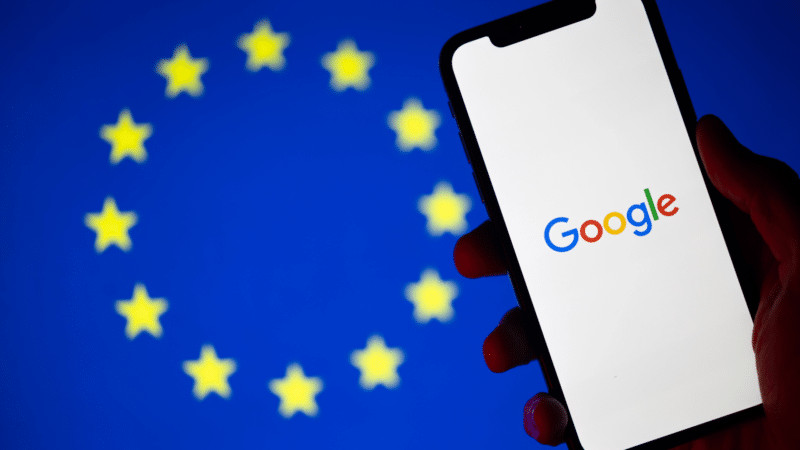
The European Commission is preparing to charge Google with violating the Digital Markets Act (DMA) after the tech giant’s proposed changes to search results failed to satisfy regulators and rivals, according to sources familiar with the matter.
The big picture. The EU has been investigating Google since March 2023 over concerns that it favors its own services — like Google Shopping, Flights, and Hotels — over competitors in search results.
- Google’s recent tweaks to search results were meant to address regulator and industry concerns, but critics argue the changes don’t go far enough.
- The company has warned that further modifications could remove useful features for users.
Between the lines. EU regulators are particularly frustrated by Google’s threat to revert search results to basic blue links if stricter demands are imposed.
- The DMA prohibits self-preferencing by tech giants and carries penalties of up to 10% of global annual revenue.
Why we care. The charges mark a major escalation in the EU’s effort to curb Google’s dominance and could result in hefty fines. It also could significantly impact how products and services appear in Google Search results. If the EU forces Google to change its ranking algorithms or display formats, it may create new opportunities for competitors and disrupt existing ad placements
Additionally, stricter enforcement of the Digital Markets Act could lead to a more level playing field, potentially reducing Google’s dominance in ad distribution. With heavy reliance on Google’s ecosystem, you should monitor these developments closely to adapt strategies accordingly.
What’s next. Google’s charges are expected in the coming months, following decisions on separate DMA investigations into Apple and Meta, which are at more advanced stages.
- Another probe into Google focuses on whether it restricts app developers from informing users about external offers outside of the Google Play Store.
Bottom line. Google is facing mounting regulatory pressure in the EU, and the looming charges could set a major precedent for how the DMA is enforced against Big Tech.

